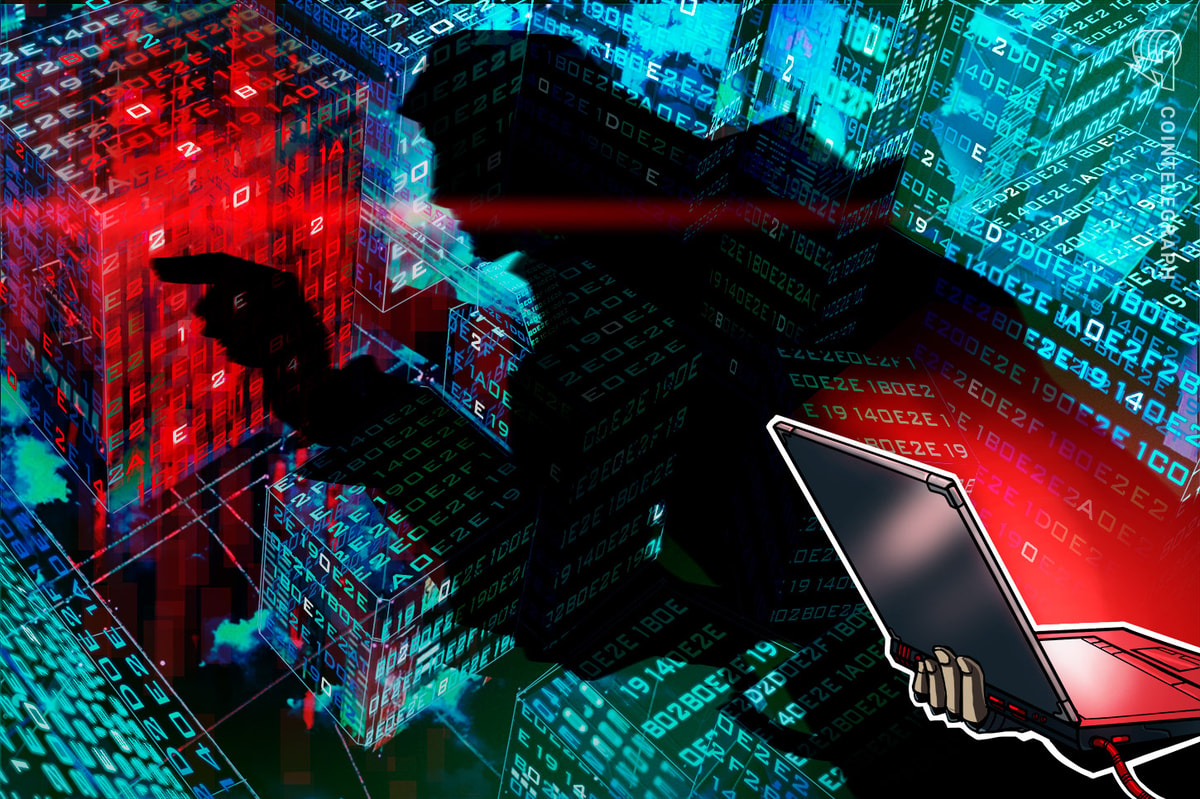Ubisoft, one of the world’s largest video game companies — responsible for creating popular franchise games such as Assassin’s Creed, Far Cry and For Honor — hosted its Q2 earnings call this week, where blockchain was a key topic of discussion.
Alongside reporting a 15% increase in unique active players in the first half of the year compared with 2020, and the fact that Assassin’s Creed Valhalla has become the second most profitable game in the company’s history, the French firm’s CEO, Yves Guillemot, also expressed intentions for investment in and adoption of blockchain-centric gaming companies on the platform.
Despite making notable advancements in the space — such as the funding of Animoca Brands, owner of Ethereum-based metaverse game The Sandbox — Guillemot stated that the platform is in early-stage research and development.
Ubisoft became a validator node on the Tezos network in April, a channel node operator on the Aleph.im network in July and a founding member of Blockchain Game Alliance, a coalition to encourage the adoption of the two sectors.
Frédérick Duguet, chief financial officer of Ubisoft, spoke highly of the potential impacts blockchain technology could have on the gaming industry:
“Blockchain will enable more play-to-earn that will enable more players to actually earn content, own content, and we think it's going to grow the industry quite a lot. We've been working with lots of small companies going on blockchain and we're starting to have a good know-how on how it can impact the industry, and we want to be one of the key players here.”
Related: Gaming giant Ubisoft joins Aleph.im as core channel node operator
Fellow gaming corporation Valve recently became embroiled in mainstream headlines in the aftermath of its unpopular announcement banning all crypto, blockchain and nonfungible token (NFT) games and content from its Steam marketplace, stating its belief that the assets have no intrinsic value.
In response to this prohibition, digital advocacy group Fight for the Future — supported by the Blockchain Game Alliance, Enjin and 26 additional blockchain game projects — published an open letter calling for the corporation to pivot on its decision, stating that decentralized autonomous organizations (DAOs) and NFTs can foster the advancement of “decentralized, democratic, interactive, player focused systems.”











